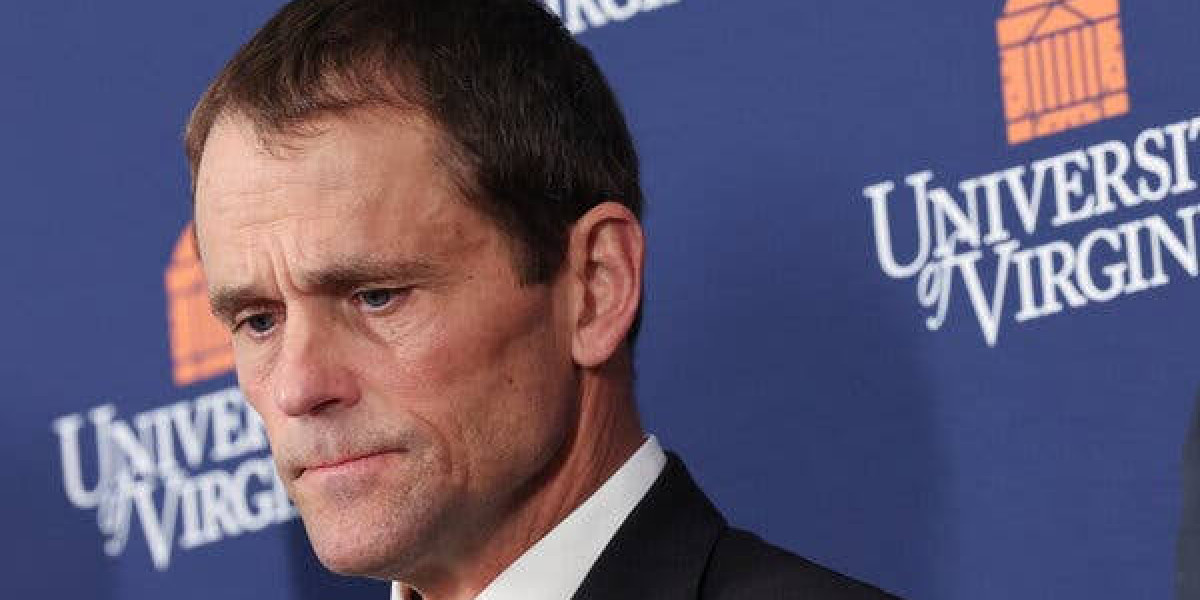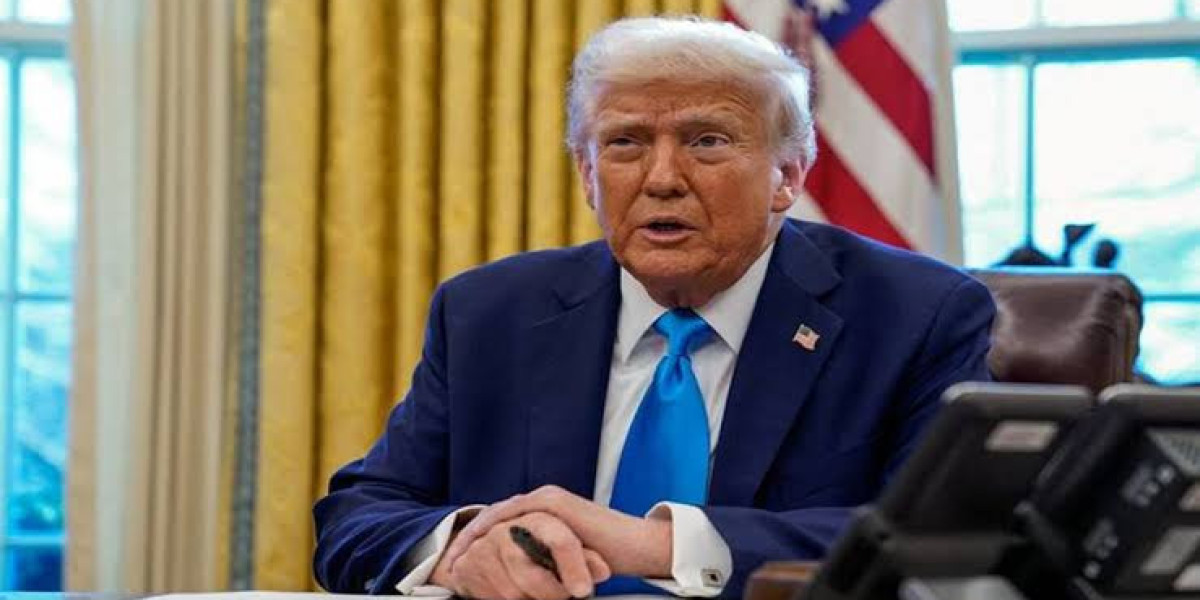University of Virginia President James E. Ryan has announced his resignation, a move that comes amidst significant pressure from the Trump administration's Department of Justice regarding the university's diversity, equity, and inclusion (DEI) initiatives.
The Justice Department has been investigating UVA's DEI policies, and sources report that Ryan's departure is a key demand for the resolution of the probe. The administration has contended that the university's programs violate federal civil rights laws, a stance that aligns with a broader campaign against DEI in higher education.
President Ryan, who has served as UVA's ninth president since 2018, has been a vocal supporter of diversity and inclusion programs at the university. His tenure has seen the expansion of initiatives aimed at creating a more equitable and representative student body and faculty.
The news of his resignation has drawn swift reactions. Virginia's U.S. Senators Tim Kaine and Mark Warner, both Democrats, issued a joint statement condemning the pressure from the Justice Department. "It is outrageous that officials in the Trump Department of Justice demanded the Commonwealth's globally recognized university remove President Ryan—a strong leader who has served UVA honorably and moved the university forward—over ridiculous 'culture war' traps," the statement read. "Decisions about UVA's leadership belong solely to its Board of Visitors, in keeping with Virginia's well-established and respected system of higher education governance. This is a mistake that hurts Virginia's future.”
The university's Board of Visitors has reportedly accepted Ryan's resignation. Details regarding the timeline for his departure and the search for a successor have not yet been publicly released.
Ryan's presidency has been marked by both significant achievements and challenges. He has overseen the launch of new academic programs and a successful capital campaign. However, he also led the university through the COVID-19 pandemic and has navigated contentious debates surrounding free speech and historical memory on campus.
The circumstances of President Ryan's resignation are expected to fuel ongoing national conversations about academic freedom, university governance, and the role of political influence in higher education.










